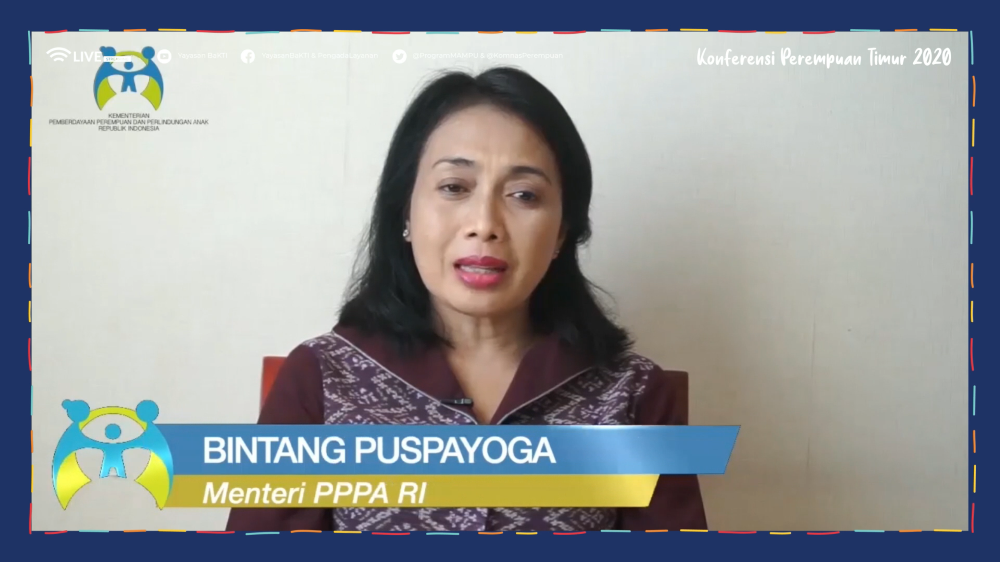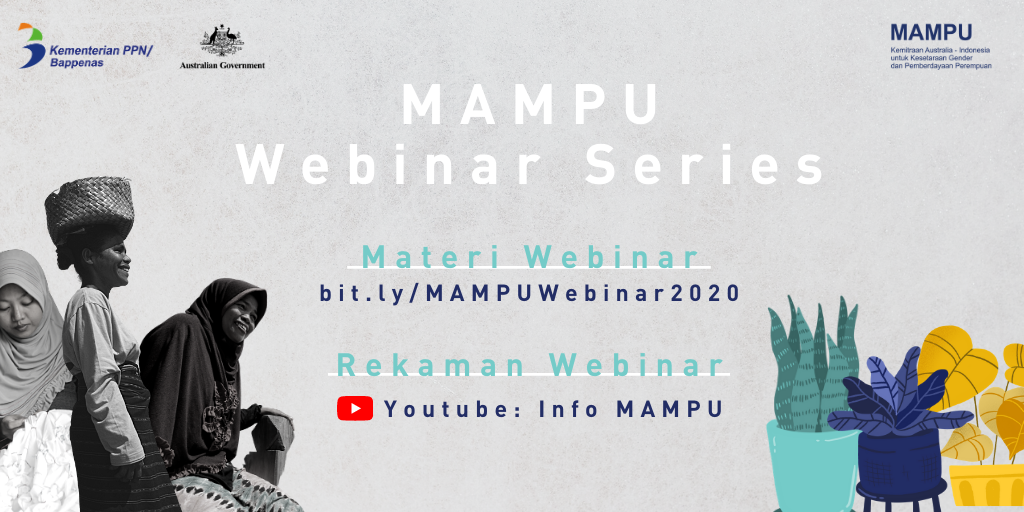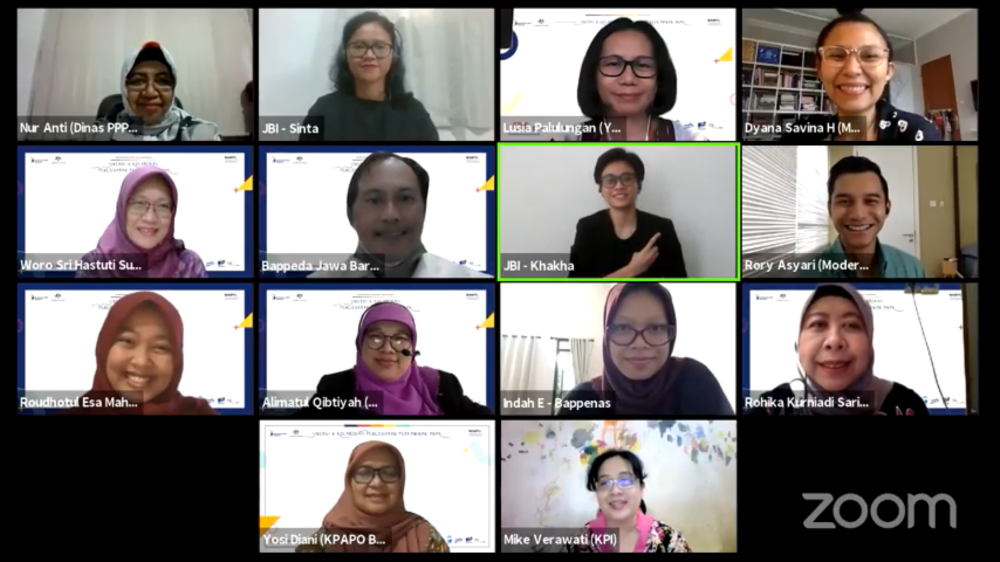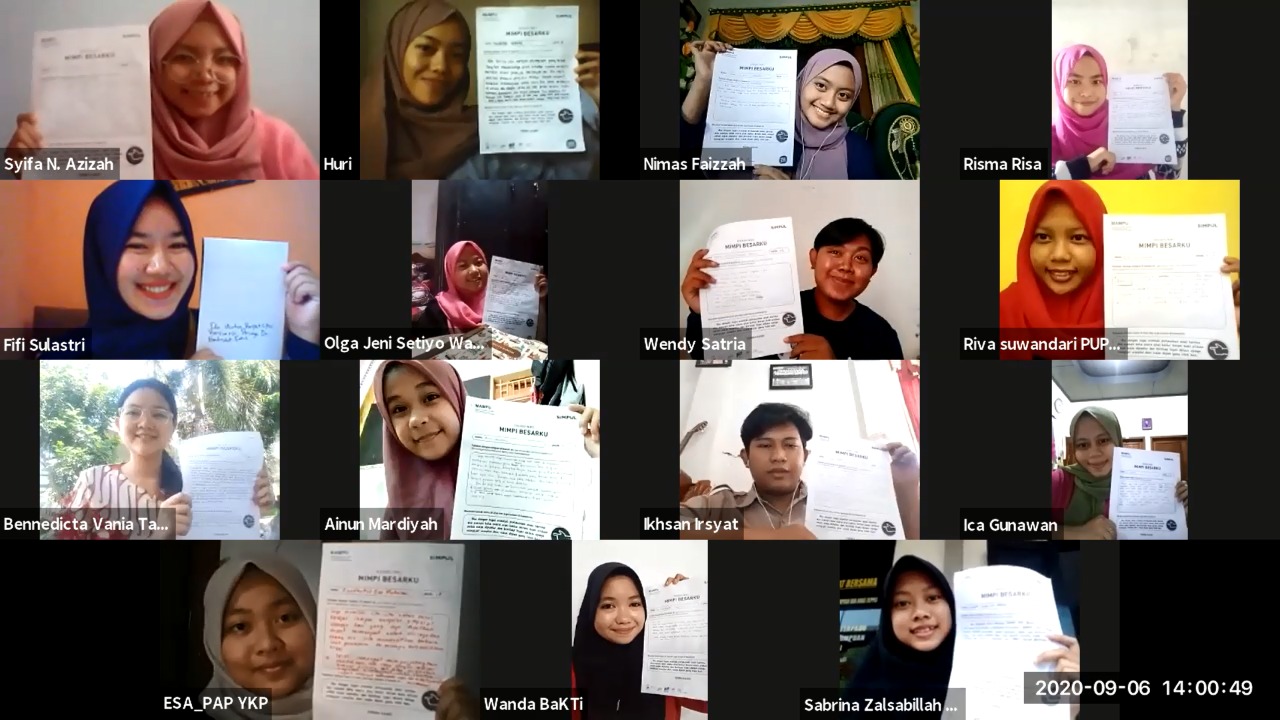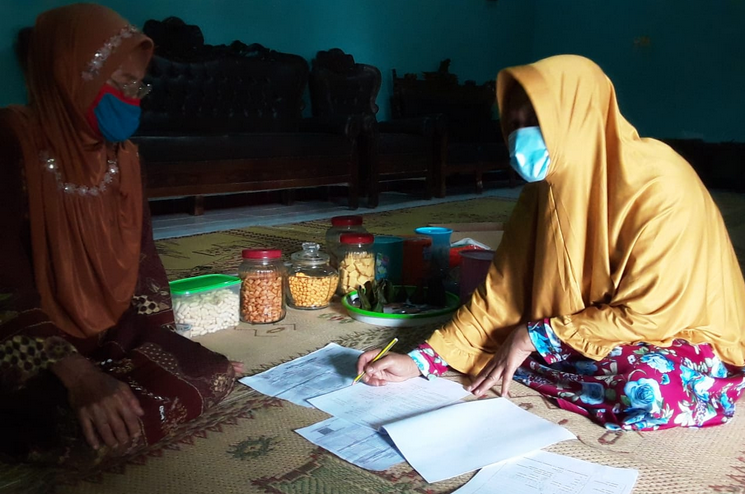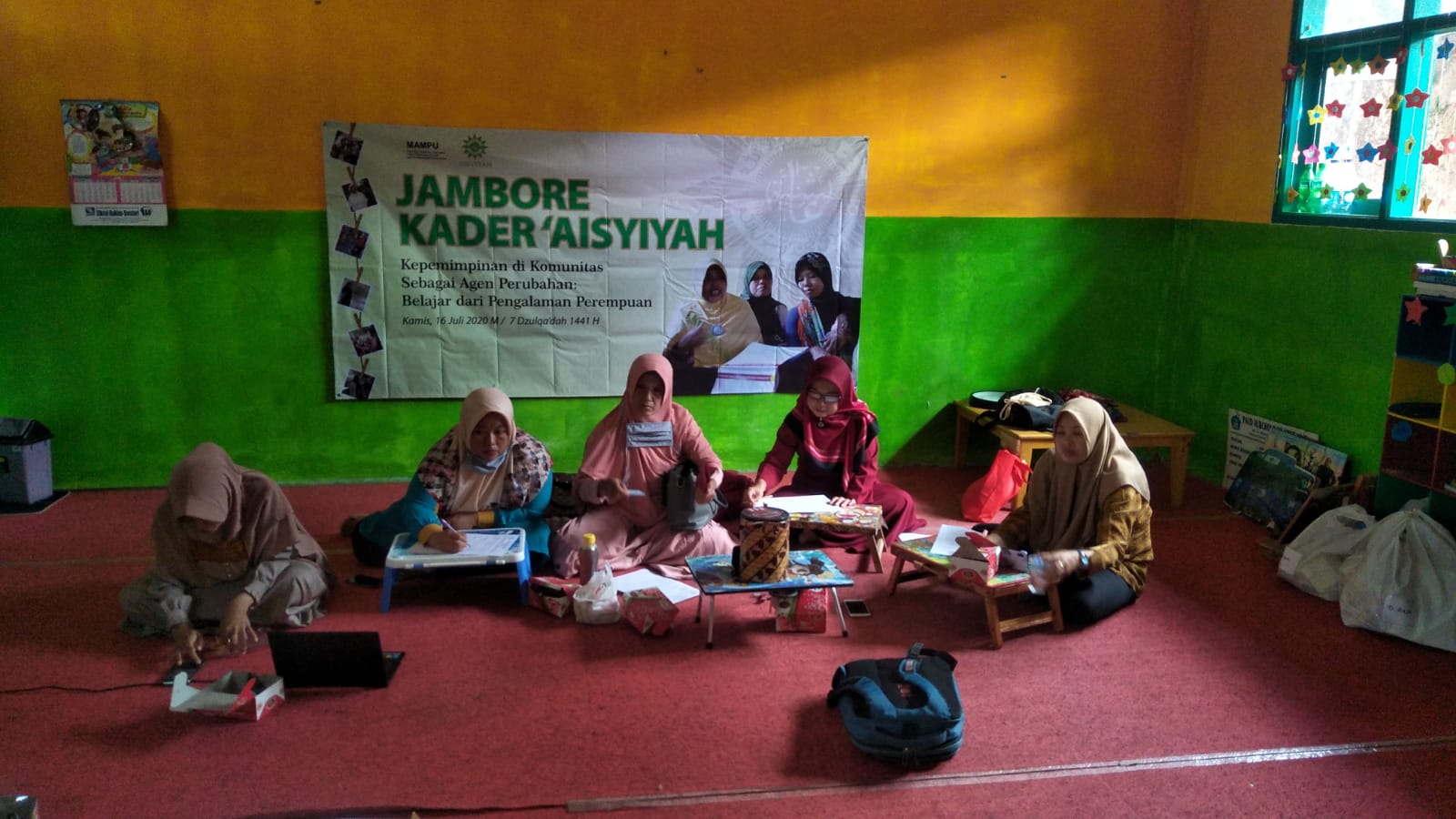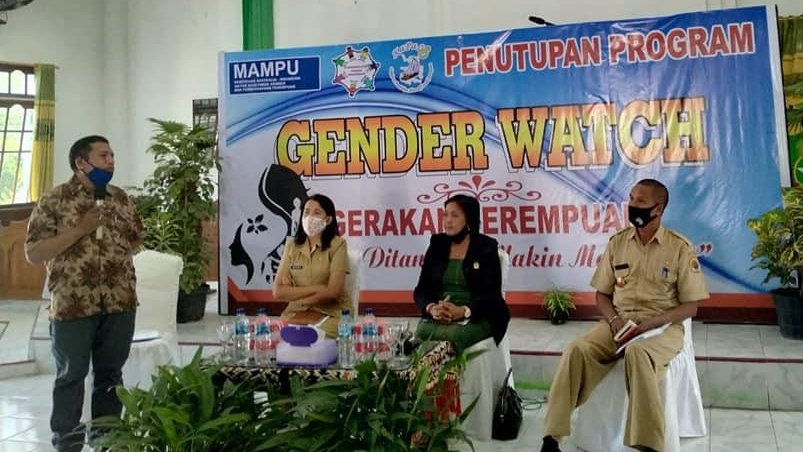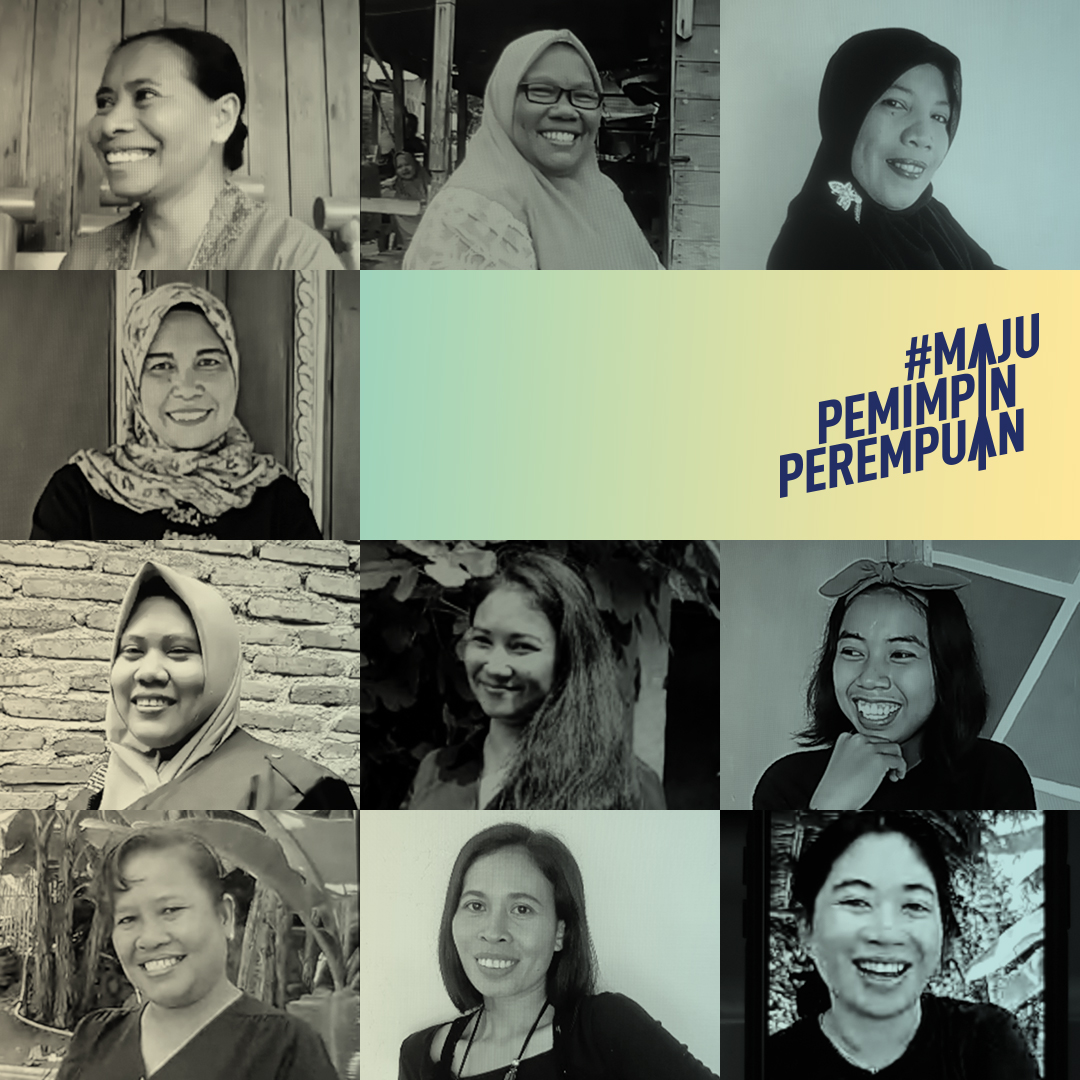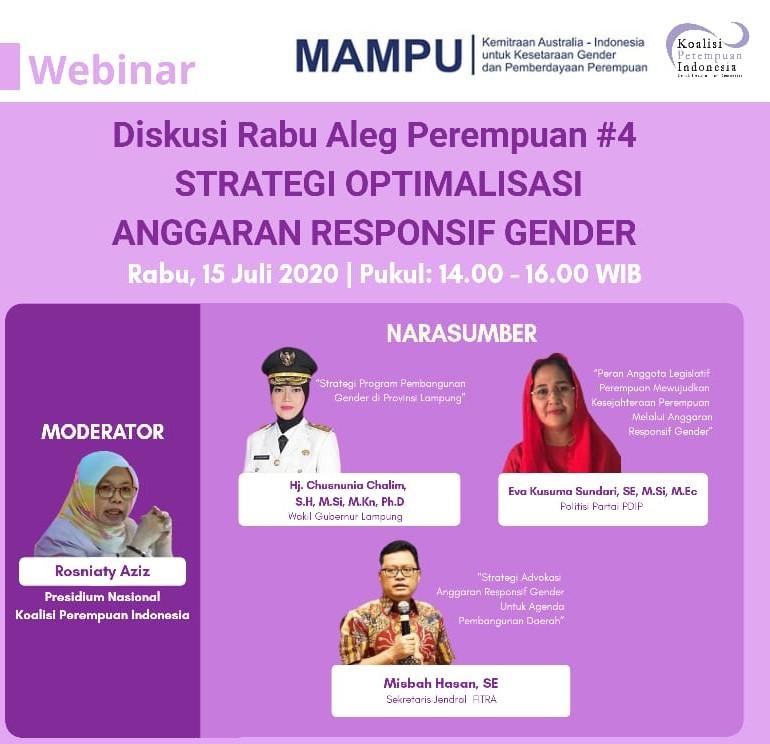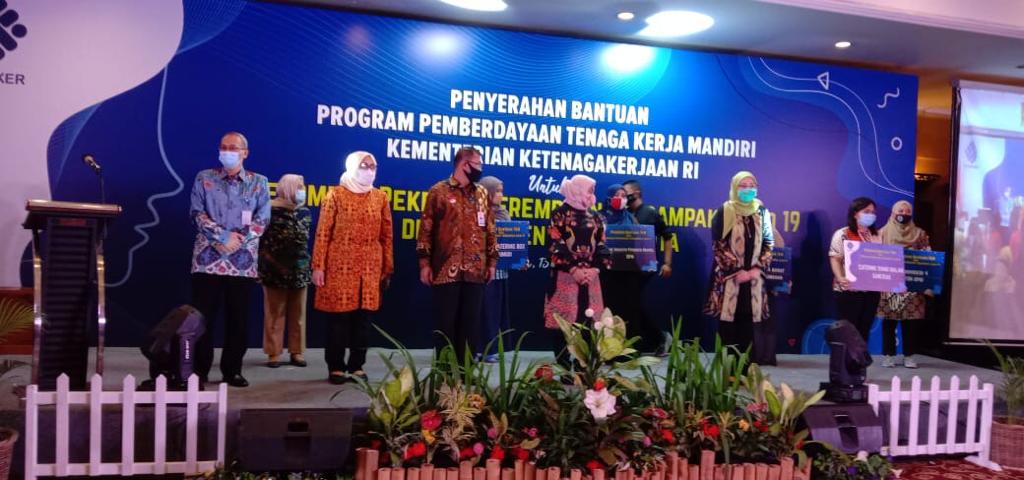Event
Women with Disabilities Continue to Experience Violence
17 February 2020Author: Amron Hamdi

“Many women with disabilities who become victims of sexual violence do not receive adequate legal assistance or access to services. This means that perpetrators often re-offend and repeat their actions, which results in women with disabilities becoming repeat victims of violence,” said Ibnu Sukoco, the Director of the Center for Improving Qualified Activity in the Lives of People with Disabilities (CIQAL). CIQAL is a member of the Service Providers Forum (FPL) and a MAMPU Program Partner based in Yogyakarta. Ibnu made these remarks during an event to mark the 16 Days of Activism against Gender-Based Violence campaign. The event was held on 29 November 2019, at Aula Joglo ATEKPI in Bantul, Yogyakarta and themed “Increasing Protections for Women Human Rights Defenders and the Elimination of Sexual Violence.” Hundreds of participants from around Yogyakarta and surrounding districts took part.
Based on data collected by CIQAL from January 2014 – November 2019, 144 cases of violence against women with disabilities were reported in Yogyakarta. From these 144 cases, 102 constituted sexual violence, 36 were cases of domestic violence, and six cases involved violence against children.
Ibnu explained that these figures only represented the cases that had been reported and didn’t include the cases that had been discontinued, which sometimes happens when victims accept ‘peace offers’ from the perpetrators. “Normally, the victims’ families accept these peace offers because they lack support from the community, the government, and law enforcement officers, especially because it is often difficult for people with disabilities who experience violence to access legal aid and government services,” she said.
“In addition to legal aid, disabled women who become victims of violence need medical assistance, psychological assistance, and economic support. So far only 14 cases have progressed through the courts and resulted in punishments for the perpetrators,” said Ibnu, who went on to voice CIQAL’s hope that the government would provide a more comprehensive legal umbrella to provide justice for victims of violence, without discriminating on the grounds of whether they are disabled or not.




